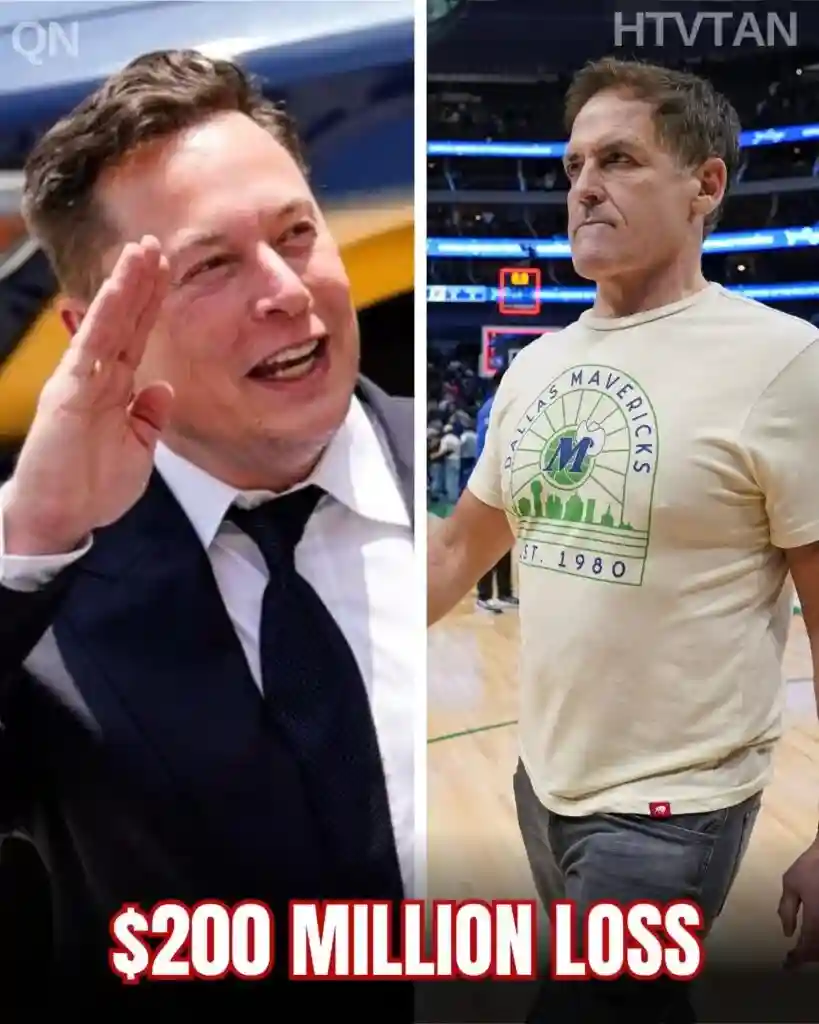In the quick world of social media and company sponsorships, even a small comment can create big problems. Recently, Elon Musk, the CEO of Tesla and owner of X (previously Twitter), was involved in a new issue after asking people to boycott major companies. This led to a crisis where many brands rushed to fix the damage.
Influencer Marketing Courses
So, what really happened between Musk and these companies, and why did his call for a boycott make such a big impact on the business world?
The Start: Free Speech or Hate Speech?
The trouble began when Musk openly criticized big advertisers for pulling their ads from X. Major brands like Apple, Disney, IBM, and Coca-Cola reportedly stopped or paused their advertising campaigns because they were worried about the platform’s content moderation. These companies were concerned that their ads might be shown next to hate speech and other inappropriate content on X, a problem that has increased since Musk took over the platform in 2022.

In response, Musk accused these companies of giving in to “woke” agendas and trying to limit free speech. He called for a boycott, urging his millions of followers to stop supporting brands that he believed were hurting the platform’s commitment to open dialogue.
Elon Musk’s Boycott Call
In a series of tweets and public statements, Musk was very direct. He criticized major corporations, claiming their actions were damaging not only to X but also to free expression. One of his most shocking comments came during a live interview, where he said:
Influencer Marketing Courses
“If someone tries to blackmail me with advertising, then they can go f*** themselves. Go f*** yourself.”
This statement quickly went viral, earning praise from supporters of free speech and criticism from those worried about increasing toxic content on social media.
The Corporate Response
The brands targeted by Musk’s boycott have mostly stayed quiet publicly, but insiders say the situation has caused a lot of worry behind the scenes. Pulling ads from X was a big step, and now they are facing backlash from Musk’s loyal followers, many of whom have started boycotting their products.
One marketing executive, who spoke anonymously, said, “This is a PR nightmare. We pulled our ads to protect our brand image, but now we’re facing a different kind of reputational damage from Elon’s audience.”
The Financial Impact
For X, losing major advertisers is a big financial hit. Advertising revenue is essential for the platform’s business, and losing well-known brands like Apple and Disney could hurt its profits and value in the long run.
At the same time, the brands themselves are facing backlash from Musk’s followers. Social media campaigns calling for boycotts of these companies have gained popularity, with hashtags like #BoycottApple and #BoycottDisney trending on X.
Free Speech vs. Corporate Responsibility
At the center of this controversy is a bigger debate: Where do we draw the line between free speech and corporate responsibility? Musk has positioned himself as a defender of free expression, arguing that platforms like X should allow different viewpoints, even if some are controversial or offensive.
However, companies have a different focus: protecting their brand image and ensuring their ads don’t appear next to harmful or divisive content. This tension between free speech and brand safety isn’t new, but Musk’s involvement has made it more prominent.
Public Opinion: A Divided Audience
As with most issues involving Musk, public opinion is sharply divided.
Musk’s supporters argue that companies shouldn’t control what can be said on social media. They believe he is standing up to corporate censorship and protecting the right to free speech.
On the other hand, critics say Musk’s actions are reckless and could turn X into a platform for hate speech and misinformation. They argue that companies have the right to protect their brand and that Musk’s boycott call is a form of pressure.
What’s Next?
The situation is still changing, with both sides watching public reactions and financial impacts closely. Will major brands come back to advertise on X, or will they stick to their decision and risk more backlash? And how will Musk’s boycott call affect X’s already shaky relationship with advertisers?
One thing is clear: the conflict between Elon Musk and corporate America is far from over. As social media remains a powerful tool for communication and business, the tension between free speech and brand safety will only grow.
Meanwhile, the world is watching as one of the tech industry’s most influential figures takes on some of the biggest brands—a conflict that could change the future of digital advertising and social media.








Leave a comment